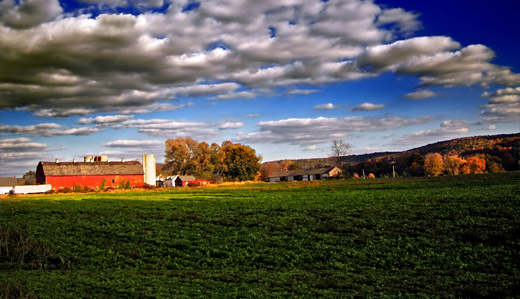Legislation sponsored by Senator Jean Stanfield that would help preserve more farmland in New Jersey was cleared by the Senate Budget and Appropriations Committee.

Sen. Jean Stanfield’s bill that would help preserve more farmland in New Jersey was cleared by the Senate Budget and Appropriations Committee. (Wikimedia Commons)
“New Jersey is known as the Garden State because we have a rich agricultural heritage that extends multiple centuries,” said Stanfield (R-8). “Preserving farmland for future generations ensures that residents will maintain access to locally grown farm products, while limiting the outward expansion of densely populated cities and the fragmentation of natural habitats in rural communities. This legislation would revise the farmland appraisal process to make it more reasonable and incentivize more people to participate in the Farmland Preservation Program.”
The State Agriculture Development Committee (SADC) is currently responsible for administering the Farmland Preservation Fund and certifying appraisers to determine the value of development easements. From 2000 to 2020, however, standard appraisals became less reflective of property values and gave the upper hand to developers and speculators seeking land for non-agricultural use.
There is approximately 750,000 acres of farmland located in New Jersey, but only 248,000 acres are preserved through the Farmland Preservation Program.
Senator Stanfield’s bill, S-3279, would amend the existing law to establish a more reasonable appraisal formula that considers additional factors when determining the value of farmland for preservation purposes. These factors include the value of farmland and natural resources in nearby towns and counties, the proximity of the farmland to other protected areas, and the overall importance of preserving the land under review.
The new “Statewide Farmland Preservation Formula” would be used in addition to the standard appraisal process. The higher of the two appraised values would be used as the basis for negotiating with the landowner.
In addition, appraisals of farmland located in the Pinelands would be required to consider the rate of inflation when determining the value of development easements. The bill would not change the appraisal process for farmland located in the Highlands.
“Locally grown food sources are a key economic driver for New Jersey and a valuable resource for the nation’s food supply,” Stanfield added. “Revising the appraisal process could improve compensation for landowners to protect vulnerable areas from urban sprawl and non-agricultural development.”
